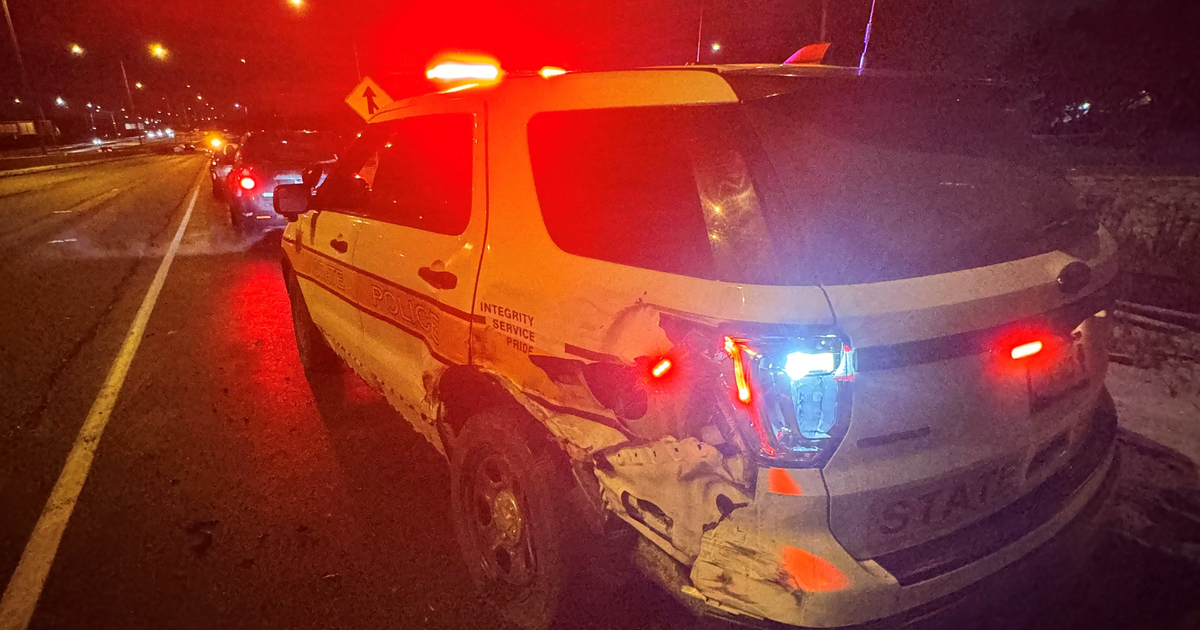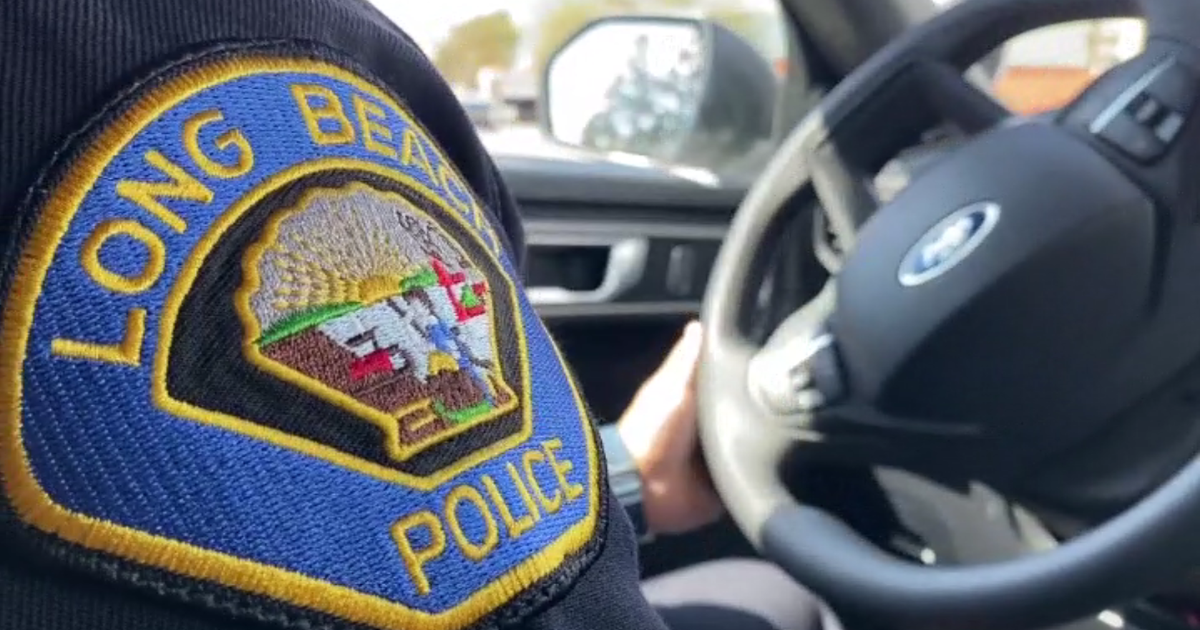New law will require automakers to install anti-drunken driving tech; mother of man killed in crash says it will save lives
CHICAGO (CBS) -- A new federal law will require all automakers to install technology that can detect drunken or impaired driving.
In 2021 alone, more than 1,300 people were killed on Illinois roads. The National Highway Traffic Safety Administration estimates 47 percent of driving deaths in Illinois involved alcohol.
One McHenry mom said the new technology would have saved her son's life. CBS 2 Investigator Megan Hickey has been uncovering her family's story for years – as well as the loopholes she has been fighting to close.
In particular, Sheila Lockwood wants to close the loopholes that allowed the drunken driver in her son's case to keep his driver's license. She now says her family is able to celebrate son Austin's memory with one change in the books.
The law requiring the new technology to detect drunken drivers is all part of the Infrastructure Investment and Jobs Act, which was signed into law in November.
The Illinois State Police, U.S. Rep. Jan Schakowsky (D-Illinois), and Mothers Against Drunk Driving were all part of the effort to get the requirement passed.
The law does not specify what type of monitoring should be in place to detect impaired drivers, but does require be technology that can monitor a driver and/or blood alcohol levels to detect impairment.
"The technology has been there for some time," said Illinois State Police Director Brendan Kelly, "and if anyone knows history, there was a lot of resistance to seat belts. There was a lot of resistance to air bags."
Lockwood told Hickey that she thinks the technology would have saved her son's life.
"The vehicle wouldn't have driven," Lockwood said. "Absolutely, Austin would be here."
Her son Austin, 23 was killed in a crash in Three Lakes, Wisconsin on June 10, 2018. The 21-year-old behind the wheel, Eric Labahn of Mount Prospect, refused to take a blood-alcohol test at the scene.
A test hours later put Labahn well over the legal limit, and he was charged with a drunken-driving related homicide. But he found a way to go on driving with a license.
According the Illinois Secretary of State, Labahn surrendered his Illinois license soon after the crash and moved to Wisconsin. That move made all the difference.
The law called for Wisconsin drivers who refuse a blood alcohol test to get a year-long license suspension – but there was a hitch. Labahn first had a right to a hearing on his suspension, and it was held up at the time because it was tied to a pending homicide case.
But a law that would have prevented Labahn from driving at all would have made all of that moot. And every day since the crash that killed Austin, his mother has been trying to make it harder for drunken drivers to get behind the wheel.
"I think he's helping me, giving me strength," Lockwood said in 2019. "I want to make him proud."
The new law gives the National Highway Traffic Safety Administration just three years to develop rules that will require all new passenger vehicles manufactured in the future to be equipped with advanced drunken and impaired driving prevention technology.
"All vehicles must have this technology by 2026," Lockwood said.
Schakowsky emphasized that the drunken driving prevention technology will be "passive" – that is, not activating until impairment is detected.
In just a few months, Labahn will be set free after a three-year prison sentence.
The sentence was too short for Lockwood, who has since helped to successfully pass a law that created a five-year minimum sentence in Wisconsin.
She has also worked on efforts to loop all states into the driver's license compact, which improves information sharing between states — the very loophole that allowed Labahn to drive legally for more than a year after Austin's death.
While we're still a few years from seeing the impaired driving technology in all cars — Lockwood is counting it as a victory.
"No family should ever go through what we had to go through because the driver could be out living his life and we are left living this life without Austin," Lockwood said.
Again, the law does not specify which type of monitoring will need to be included in all new cars. That is something that NHTSA and car manufacturers will be working out in the years to come.







